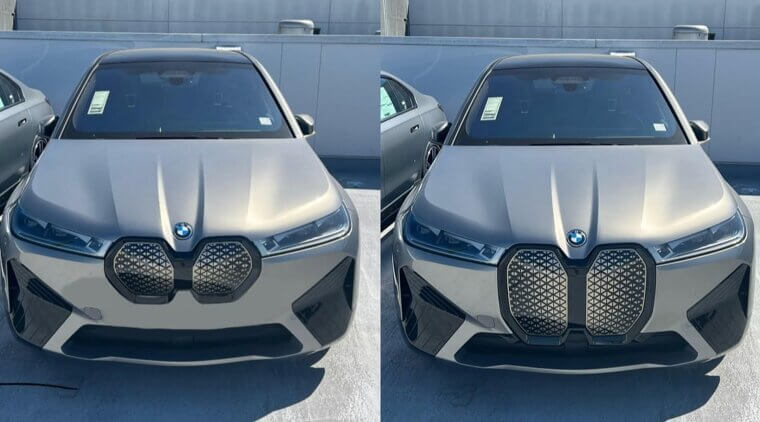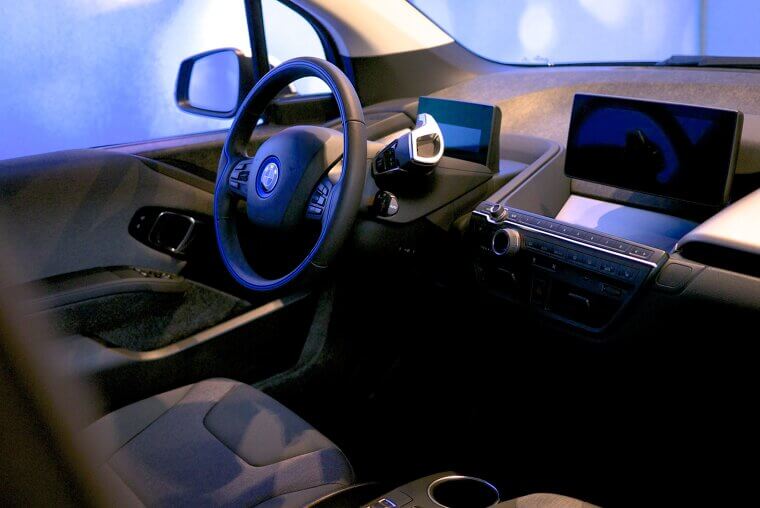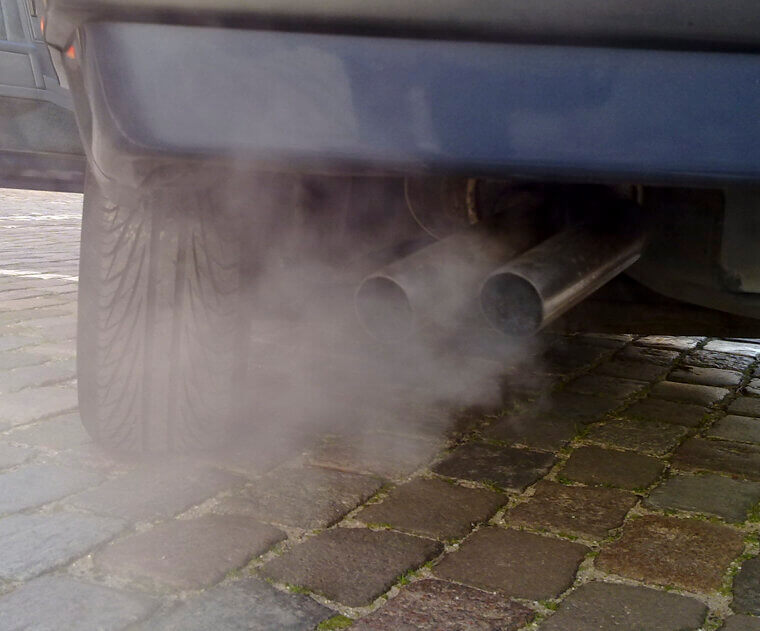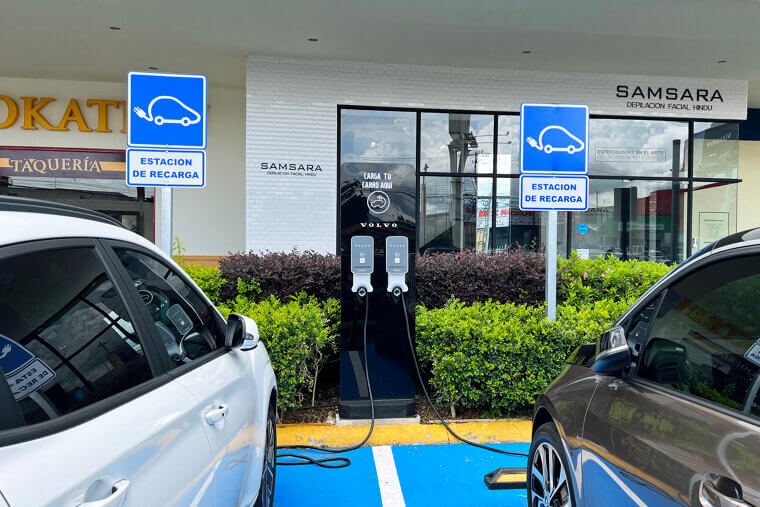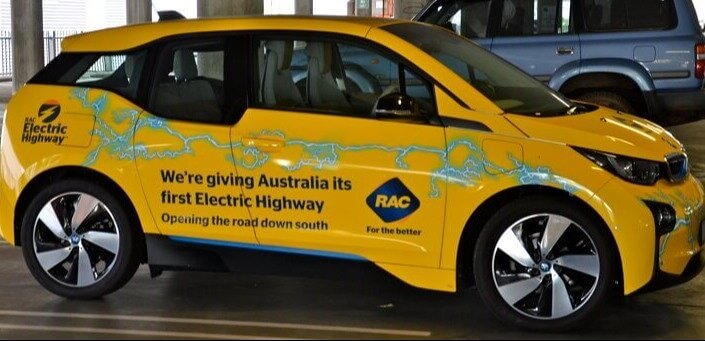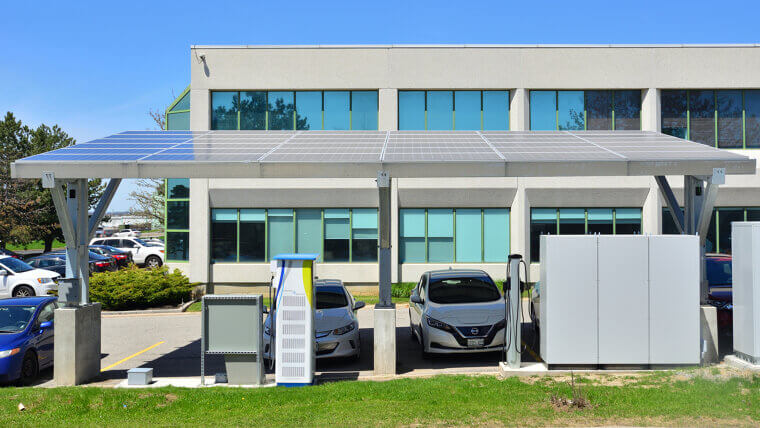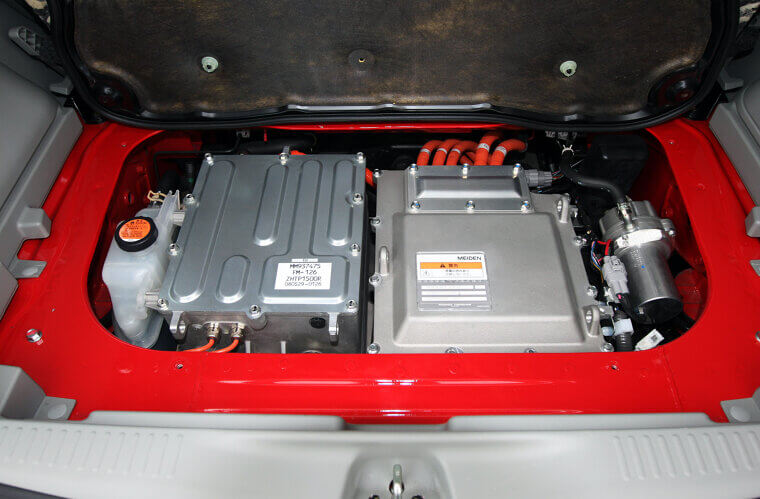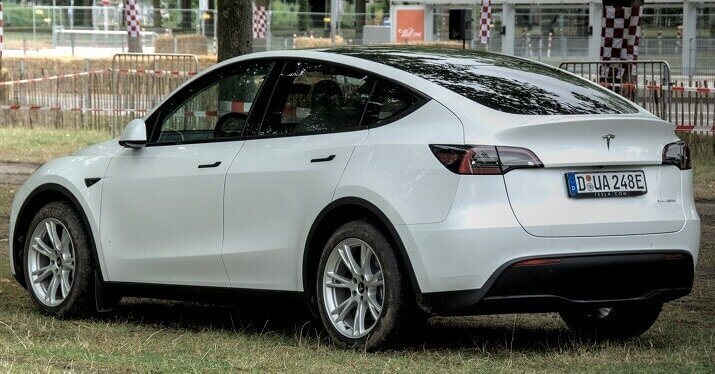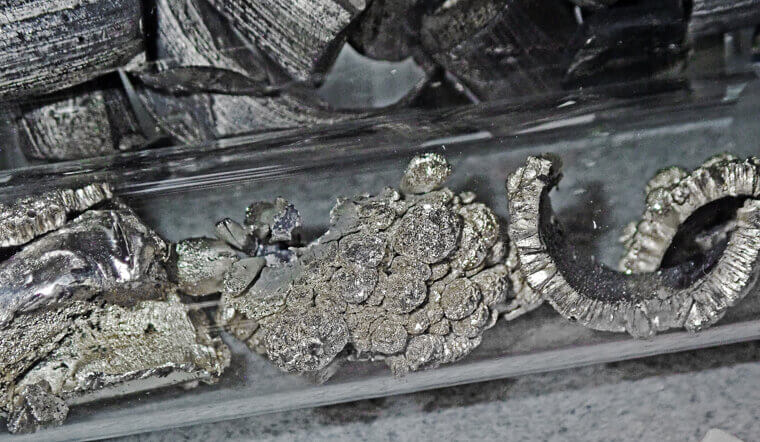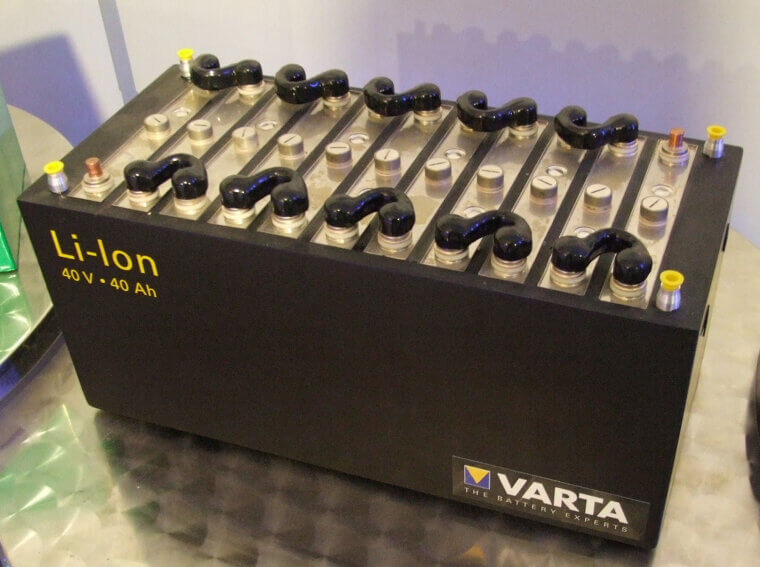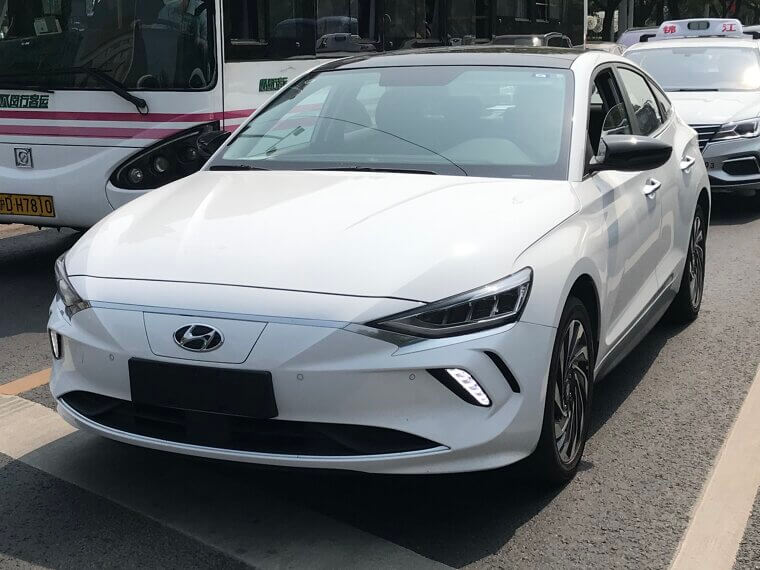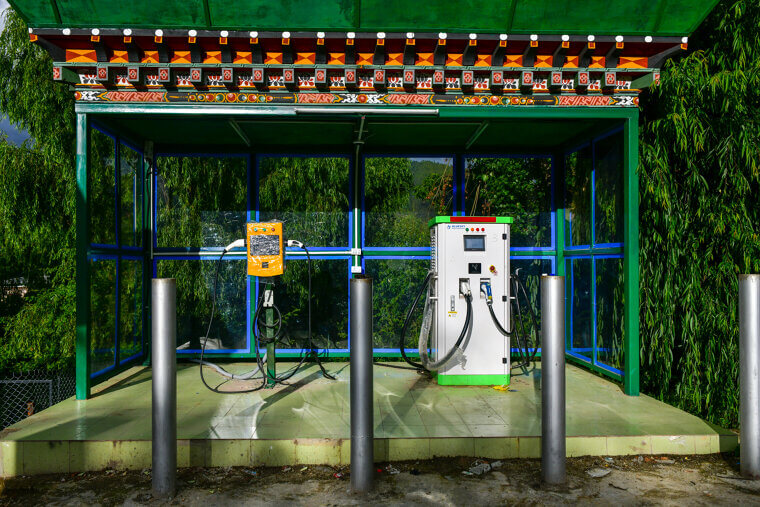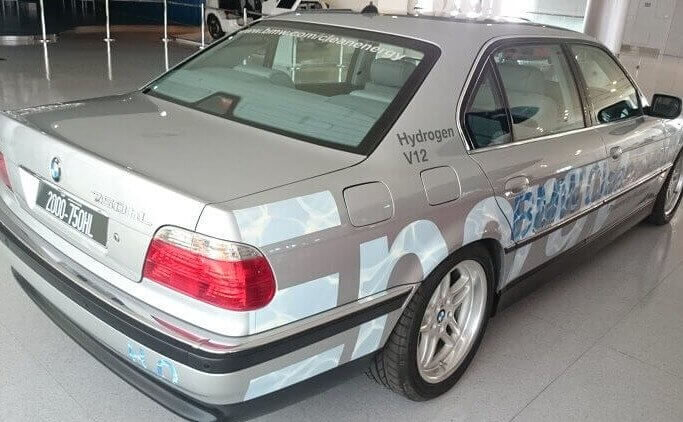Does Electric Really Mean Better?
The importance of sustainable driving is becoming more and more relevant in 2025. With this, you may be considering buying an electric vehicle (EV) to fit in with the times. But how green are they really? Continue reading to find out.
Regenerative Braking
When EVs slow down, the car converts this wasted kinetic energy into electricity for the battery. This boosts your car’s range and efficiency, as well as saving energy, less wear and tear, and makes the cars more eco-friendly. Waste not, want not.
Air Quality
EVs are nature’s air purifiers on wheels. Unlike petrol and diesel cars, which release harmful pollutants causing serious health issues like asthma, fully battery-powered electric vehicles don’t release anything. This shift toward greener transport works wonders in urban areas where air pollution is highest.
Land Use
It’s true that sourcing the materials to create the batteries found in EVs hasn’t been the best. Environmentally speaking. According to reports, extracting the necessary minerals can lead to issues like soil and water contamination, affecting mining communities.
Charging Stations
As an EV driver, charging stations are like your new best friends on the road, guiding you wherever you need to go. The good news is they're popping up everywhere. It's nice knowing that as the world shifts towards greener energy, these convenient charging spots are becoming more accessible, making your driving experience smoother.
Lifecycle Emissions
Fun fact from the Union of Concerned Scientists. Did you know even in places without clean energy, electric vehicles still beat petrol cars when it comes to emissions over their lifetime? Yes - EVs really do make a difference for the planet, wherever they are.
Energy Efficiency
EVs are super-efficient when it comes to energy use. They convert around 60% of the electrical energy from the power grid - a network that delivers electricity from power plants to homes and businesses - into moving your car wheels. In contrast, petrol cars only use about 20% energy.
Reduced Noise Pollution
An EV is quieter than a petrol or diesel car. There isn’t the hum and splutter of a combustion engine, obviously. This means less sound pollution. Imagine gliding through your neighborhood without loud engines ruining the peace. You can chat easily without shouting. Or soak in the sweet sounds of birdsong. Who knew going green could be so peaceful?
Tax Benefits
A quick heads up to all the future EV drivers out there: while you’ll enjoy the perks of no road tax now, things are set to change. From April 2025, anyone buying an EV over £40,000 will have to part with a few pennies here and there. This contributes towards making driving more sustainable.
The Power Production Matters
Electric cars produce far fewer global warming emissions than those fueled by gasoline. They might have zero tailpipe emissions, but the issue is with how the power to charge them is produced. If the EV relies on coal-heavy power plants, then it could be worse for the climate than a modern hybrid that still uses ICE power.
Raw Materials In Batteries Are A Threat
Most EVs are powered by lithium-ion cells that rely on harmful raw materials. These include rare Earth elements, lithium, of course, and Cobalt. They have been linked to grave environmental and human rights concerns, especially Cobalt.
The Mining Process For EV Batteries
The United States currently only has one large-scale lithium mine, Nevada's Silver Peak, despite having some of the world's largest reserves. Here, only two percent of the world's annual lithium supply is gathered. As EVs become more favored, the demand for lithium and other required battery materials will increase.
Recycling EV Materials Is Problematic
As earlier generations of EVs reach the end of their lifespan, avoiding a pileup of spent batteries becomes an issue. Lithium-ion batteries can store more energy in the same space than traditional lead-acid ones. Depending on the process of recycling used, batteries will use large amounts of water and emit air pollutants.
Carbon Emissions
There are several types of electric vehicles. Depending on the type of EV, this affects the amount of carbon emissions. The majority of an EV's carbon footprint is wrapped up in the manufacturing process, as well as the power source's method of energy generation.
EV Production Often Overloads The Grid
If we are to meet the energy demand, careful planning is required, and several things need to happen. For EVs to become mainstream, charging must be more widely accessible and convenient. However, if everyone has an EV, this level of energy could overload the grid and impact the energy worldwide.
Hydrogen Seems To Be A Solid Alternative
Hydrogen is another EV option, one that some people consider to be the real future. This option is great for the environment, but the public is hesitant to make the change. There are only a few hydrogen-powered cars sold in the U.S. today.

